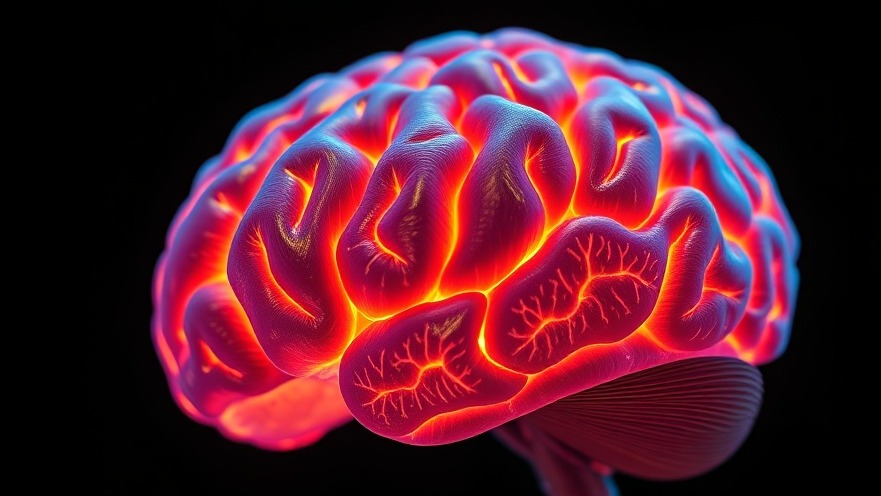
The Evolution of Brain Organoids: A Closer Look at Their Significance
Brain organoids, often described as miniature brains, are three-dimensional models derived from human stem cells that mimic the structure and function of the human brain. As outlined in a recent consensus paper published in Nature, brain organoids serve as revolutionary tools in neuroscience, enabling the study of brain development, evolution, and various neurological diseases. Since their inception over a decade ago by researchers like Jürgen Knoblich at IMBA, brain organoids have become essential for understanding complex human biology that animal models, such as mice, cannot adequately replicate.
Why Brain Organoids Matter in Modern Neuroscience
These organoids leverage the unique ability of stem cells to self-organize and differentiate into specific cell types found in the brain. This innovation paves the way for studying critical periods in brain development, such as early embryonic growth and critical connections among cortical neurons. Over 3,000 scientific articles annually highlight the increasing interest and importance of brain organoids as they unveil insights into human-specific physiological traits and diseases.
Current Research Landscape: What Are Scientists Discovering?
Researchers have utilized brain organoids to delve into vital questions about human brain growth. Recent findings suggest that studying these organoids can reveal why the human brain grows larger and how long-range neuronal connections are established. This advancement holds profound implications for understanding various neurological conditions.
Challenges and Limitations in Cultivating Brain Organoids
Despite the extraordinary benefits, brain organoids are not without their limitations. Variability in organoid composition due to differing growth protocols can result in inconsistent results. Furthermore, certain neural cell types may fail to develop in organoid cultures. Researchers, including Sergiu Pasca from Stanford University, emphasize the necessity for high standards in the methodologies used to create these models to enhance reliability and reproducibility in findings.
The Future of Brain Organoid Technology
Brain organoids present a compelling opportunity to revolutionize our approach to neurodevelopmental disorders. By creating more sophisticated organoid systems, such as 'assembloids' that incorporate multiple brain regions, researchers aim to better understand the interactions between different brain areas. This modular design may lead to more realistic modeling of complex brain functions and diseases.
Insights for Health Practitioners: Implications for Patient Care
For concierge health practitioners, staying informed about the advancements in brain organoid research is crucial. As these technologies evolve, they have the potential to transform approaches to treating neurological conditions. Understanding the developing landscape of brain organoids may empower health providers to make more informed decisions regarding patient care, particularly in neurodevelopmental and neurodegenerative disorders.
Conclusion: A Call to Action for Healthcare Professionals
The rapid advancements in brain organoid technologies underscore their significance in unraveling the complexities of human brain development and disorders. As health practitioners, actively following these developments can enhance our understanding of potential therapies and diagnostic tools that may arise from this research. Embracing new scientific insights ensures that practitioners can provide cutting-edge care to their patients and better address neurological challenges.
To delve deeper into how brain organoids can shape the future of neurohealth, we encourage you to follow ongoing research and updates in this fascinating field.
 Add Row
Add Row  Add
Add 




Write A Comment